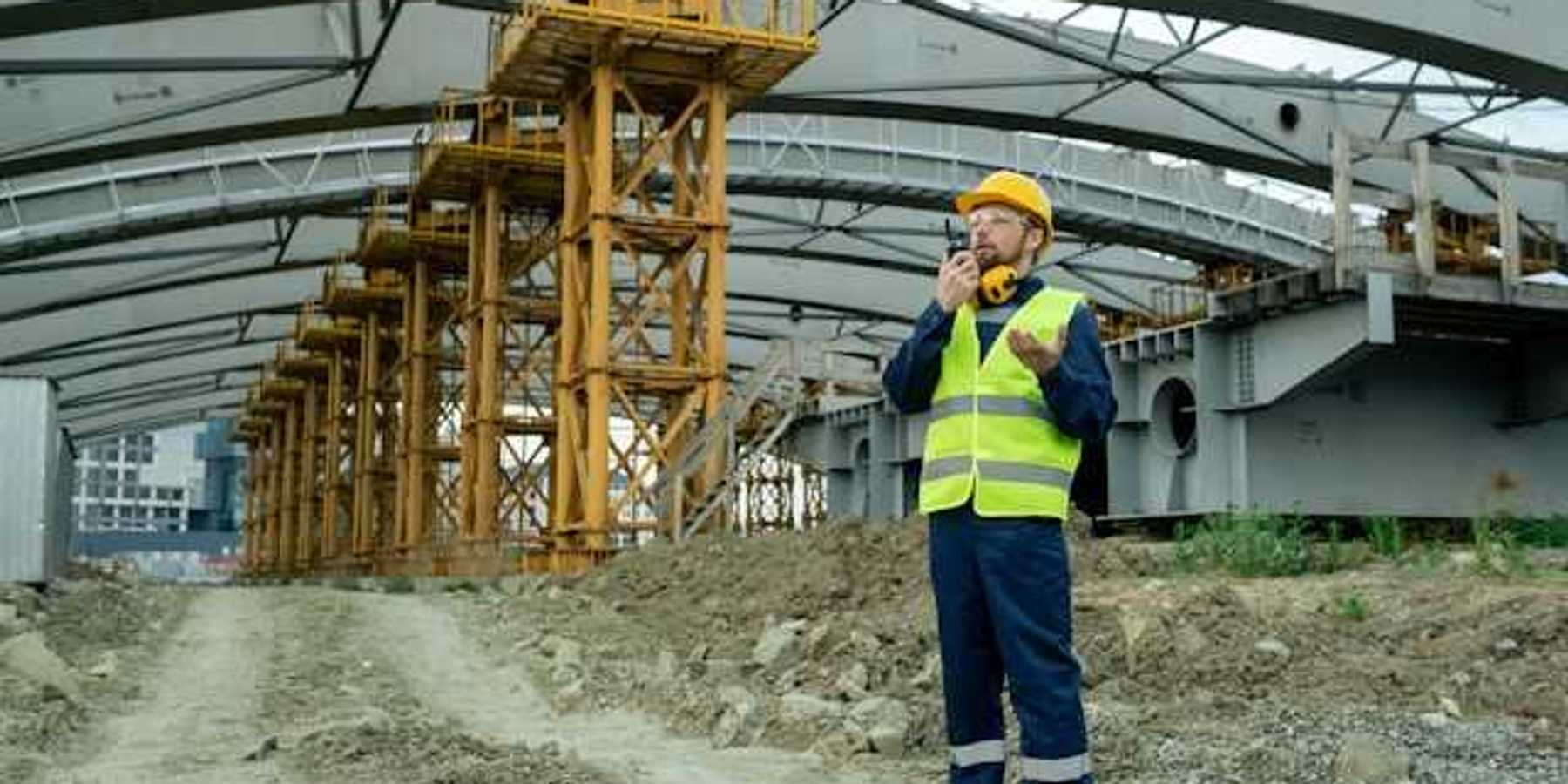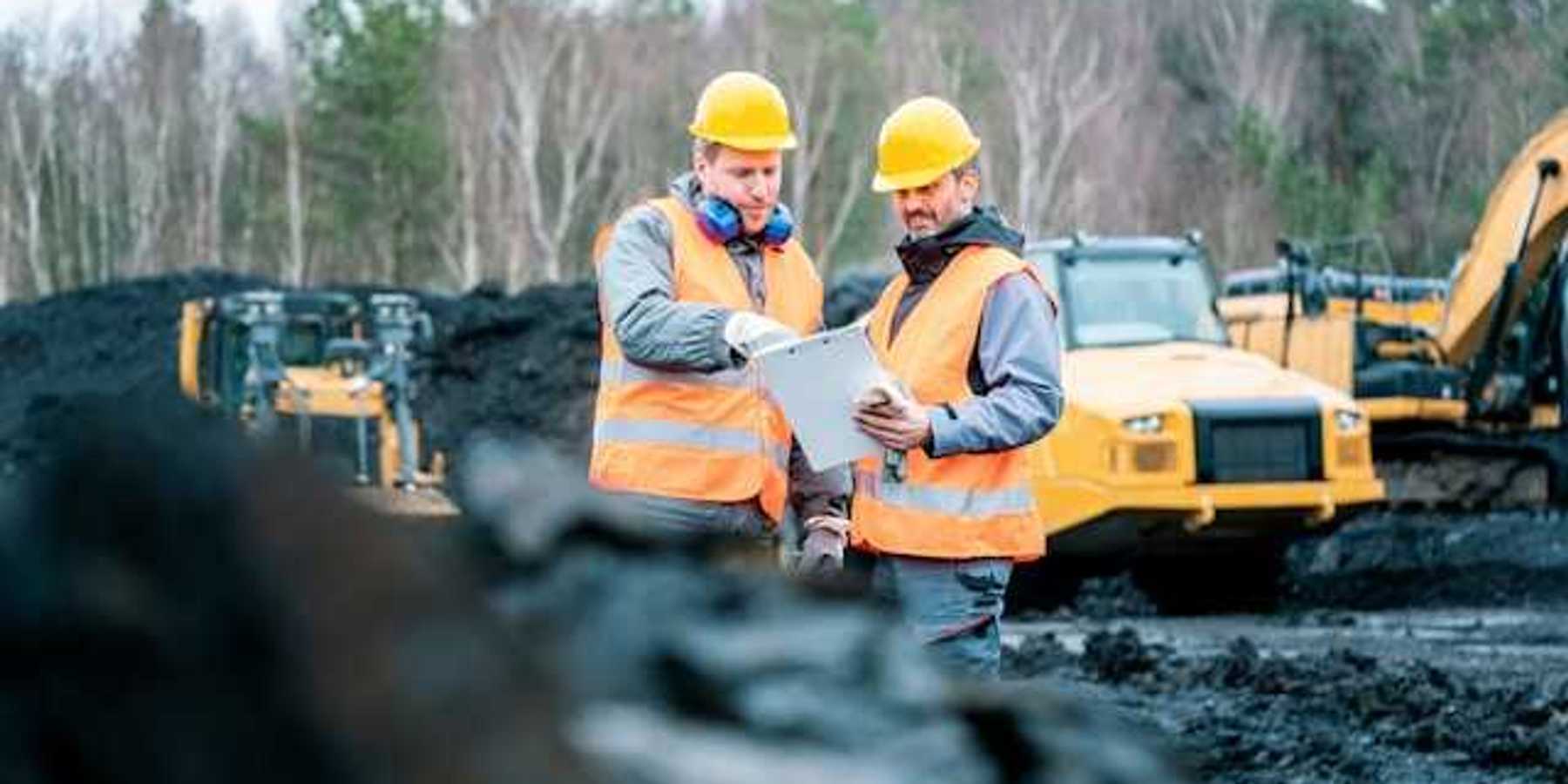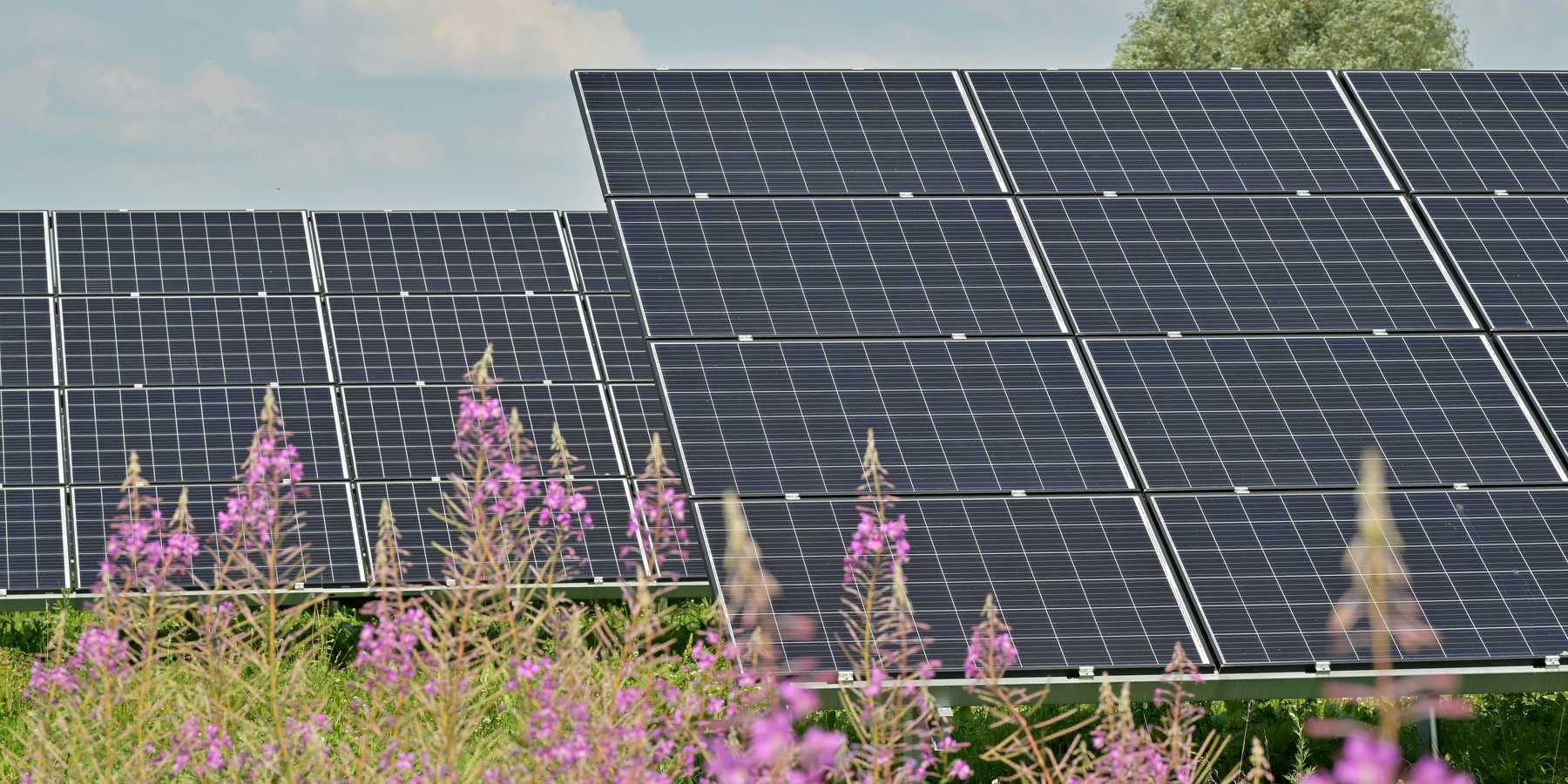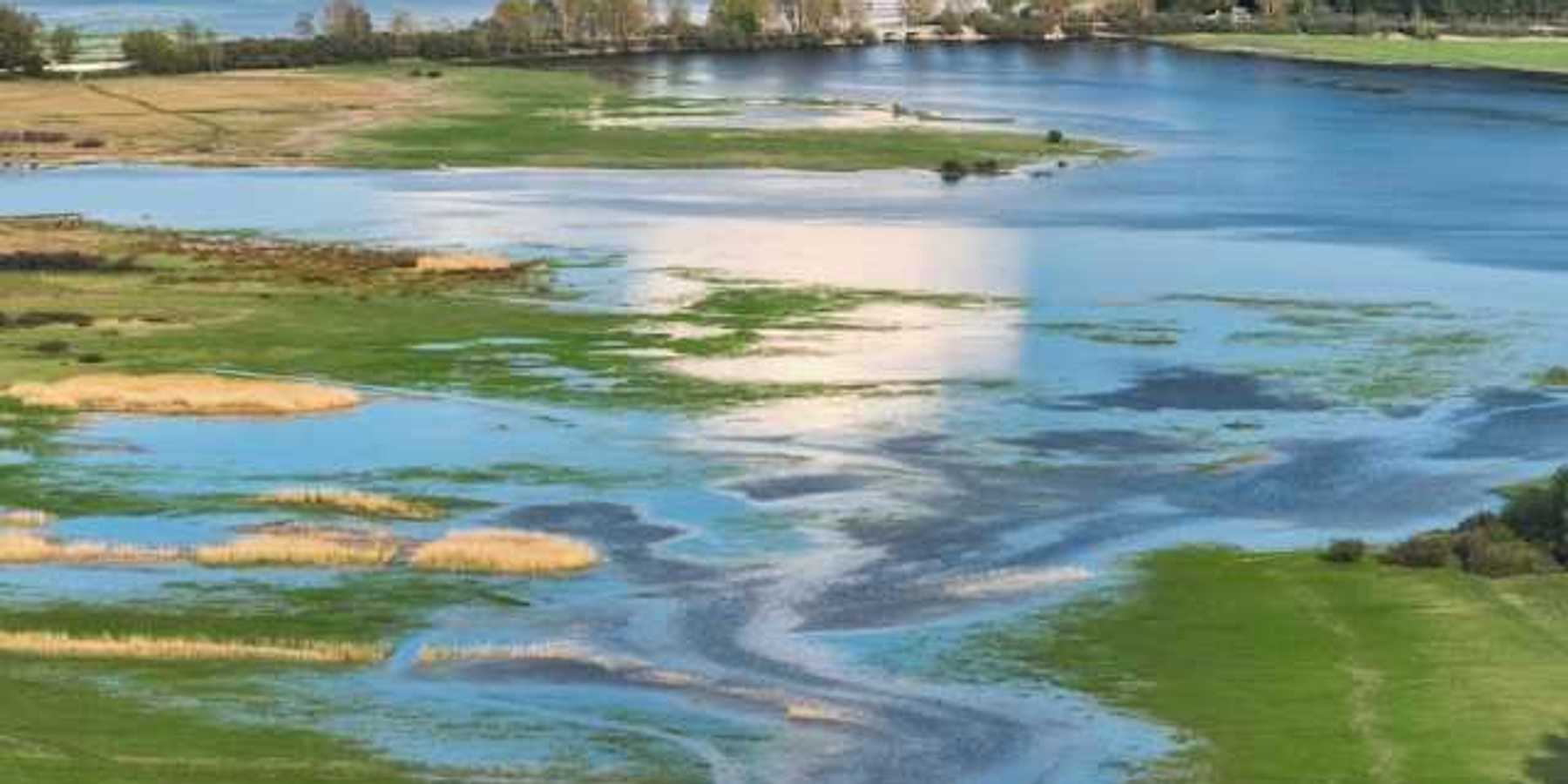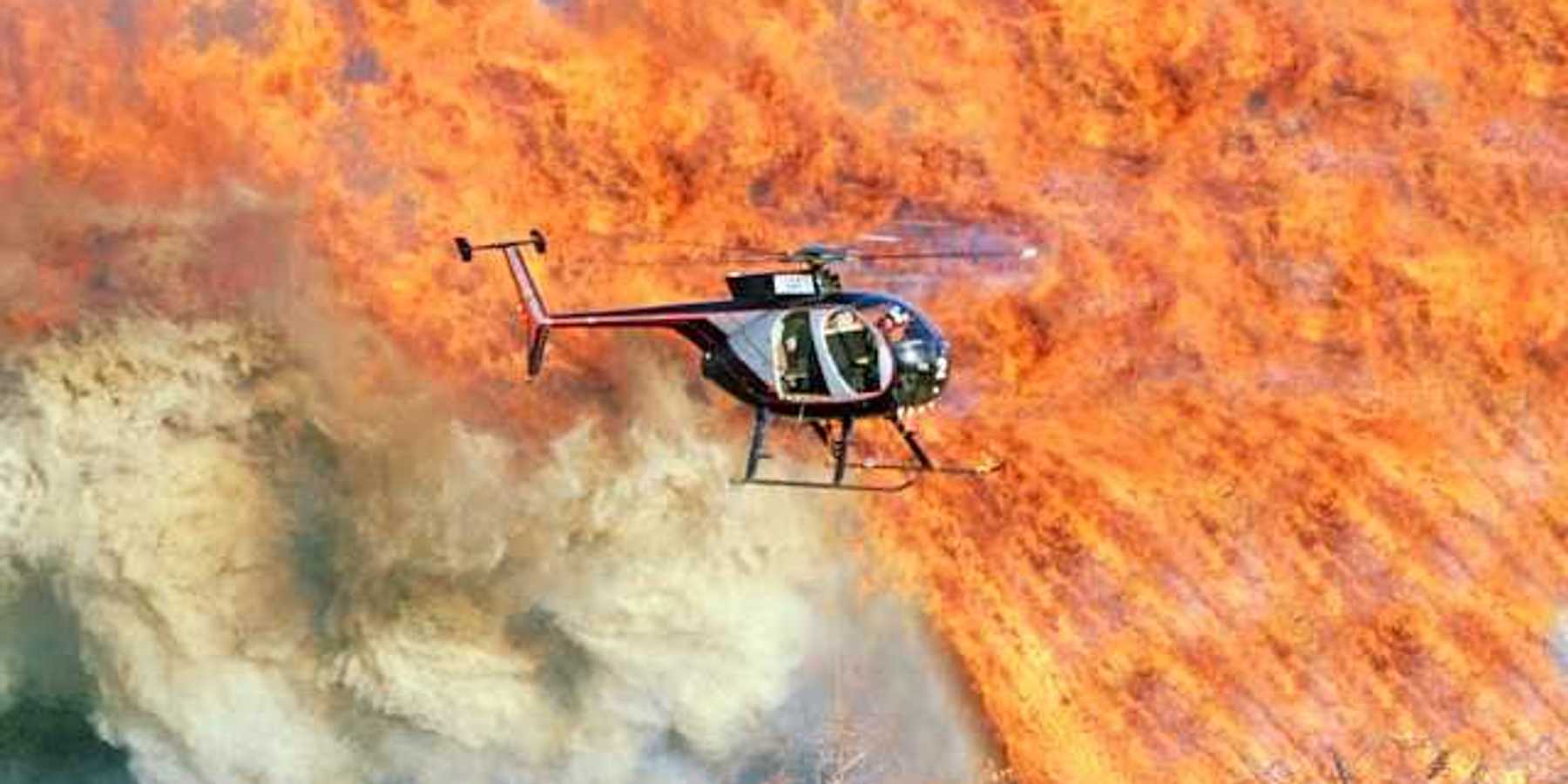10 December 2024
Young adults face higher heat-related death risks than older populations
Younger people, particularly those under 35, are more likely to die from extreme heat caused by climate change than the elderly, a new study finds.
Sharon Udasin reports for The Hill.
In short:
- About 75% of recent heat-related deaths in Mexico occurred in people under 35, with many aged 18 to 34.
- Researchers linked heat deaths to physical activities, lack of air conditioning and outdoor jobs among younger adults.
- The study suggests poorer nations with younger labor forces may experience even greater heat-related mortality.
Key quote:
“It’s a surprise. These are physiologically the most robust people in the population."
— Jeffrey Shrader, environmental and labor economist at Columbia University
Why this matters:
Younger adults often perform physically demanding jobs under heat-exposed conditions, making them more vulnerable to rising temperatures. As climate change intensifies, more heat-related deaths in this age group could strain families and economies worldwide.
Read more: Half a billion children face increasingly extreme heat

